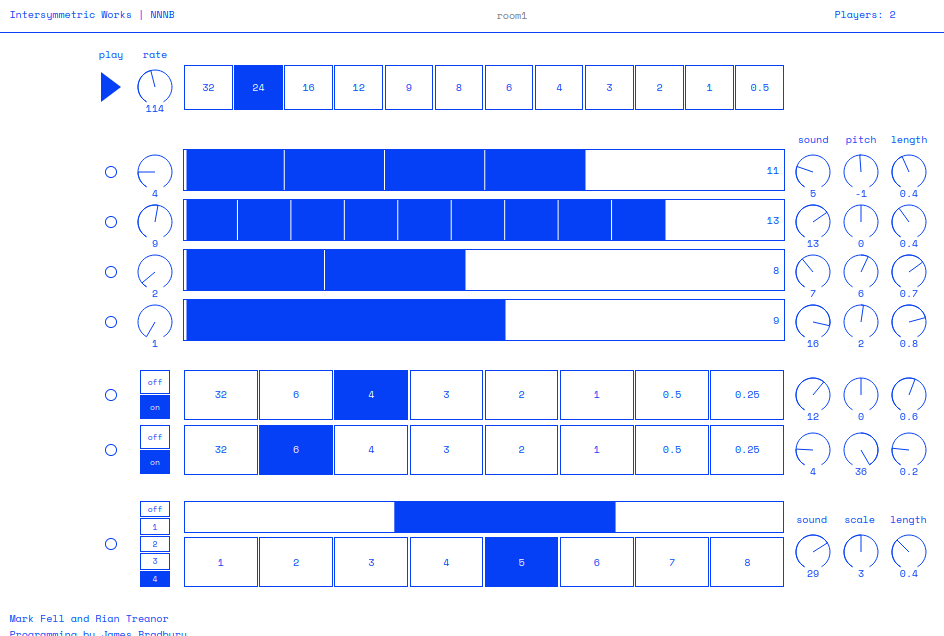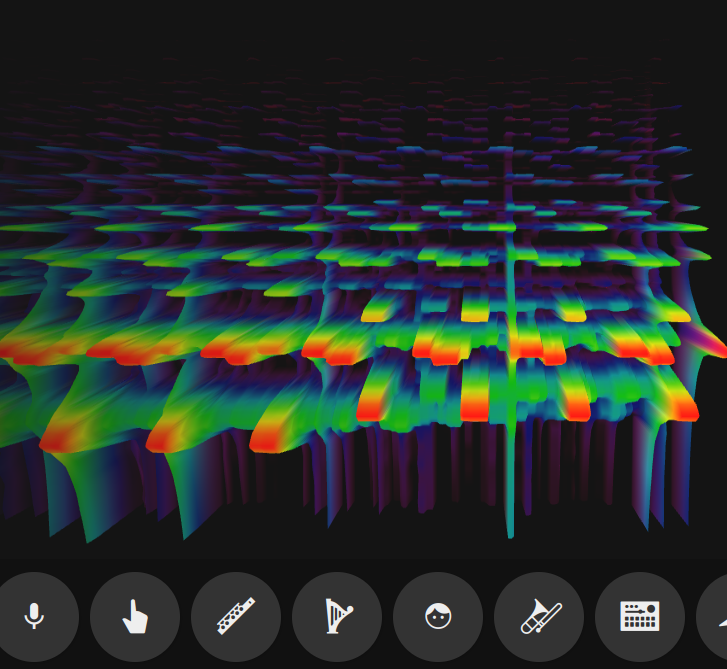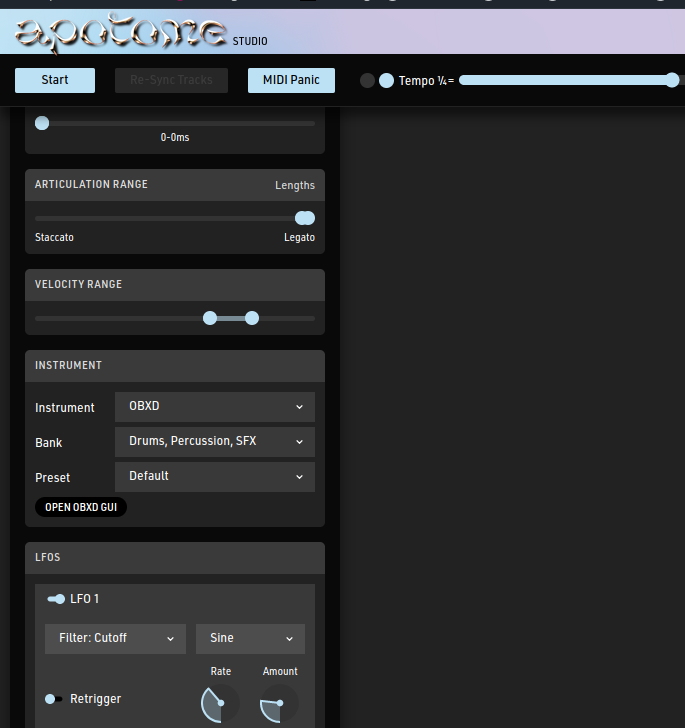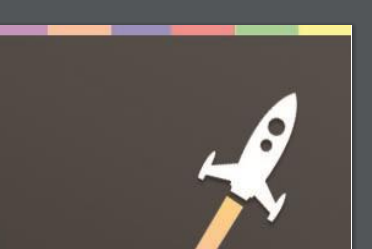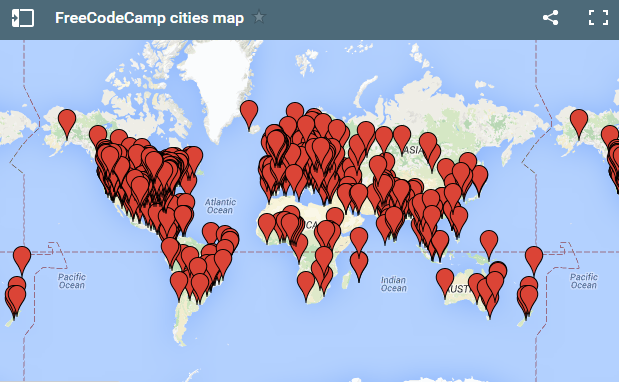The map
Here is the map:
Explanation
The coloured lines show the rights of way.
The following colours are used for the coloured lines:
solid red line: footpath;
solid fuchsia line: bridleway;
solid green line: restricted byway;
solid blue line: byway open to all traffic.
If you click on a coloured line, some details about that right of way will appear.
Credits and small print
The map on this web page has been generated by www.rowmaps.com.
The underlying map is an Ordnance Survey map provided by Bing Maps.
It is subject to these Terms of Use.
The Print Rights section of those Terms of Use says that you are not allowed to print this map.
The Ordnance Survey map is © Crown copyright and database rights 2021 Ordnance Survey.
Data containing details of the rights of way have been released under licence by
the councils of Barnsley, Bath and North East Somerset, Bedford, Bexley, Birmingham, Blackburn with Darwen, Blackpool, Blaenau Gwent, Bolton, Bournemouth, Bracknell Forest, Bradford, Brecon Beacons National Park, Brighton and Hove (City of), Bristol (City of), Bromley, Buckinghamshire, Bury, Calderdale, Cambridgeshire, Cardiff, Carmarthenshire, Central Bedfordshire, Ceredigion, Cheshire East, Cheshire West and Chester, Cornwall, Cumbria, Denbighshire, Derbyshire, Devon, Doncaster, Dorset, Dudley, Durham, East Riding of Yorkshire, East Sussex, Essex, Flintshire, Gateshead, Gloucestershire, Gwynedd, Hampshire, Herefordshire, Hertfordshire, Hull (City of Kingston upon), Isle of Anglesey, Isle of Wight, Kent, Kirklees, Knowsley, Lake District National Park, Lancashire, Leeds, Leicester (City of), Leicestershire, Lincolnshire, Manchester, Medway, Merthyr Tydfil, Norfolk, North Lincolnshire, North Somerset, North Yorkshire, Northamptonshire, Northumberland, Nottingham (City of), Nottinghamshire, Oldham, Oxfordshire, Pembrokeshire, Peterborough (City of), Plymouth (City of), Poole, Portsmouth (City of), Powys, Reading, Redcar and Cleveland, Rhondda Cynon Taff, Rochdale, Rotherham, Rutland, Salford, Sefton, Sheffield, Shropshire, Slough, Somerset, South Gloucestershire, Southampton (City of), St Helens, Staffordshire, Stockport, Stockton on Tees, Suffolk, Surrey, Swansea, Tameside, Thurrock, Torbay, Torfaen, Trafford, Vale of Glamorgan, Wakefield, Walsall, Warrington, Warwickshire, West Berkshire, West Sussex, Wigan, Wiltshire, Windsor and Maidenhead, Wirral, Wokingham, Worcestershire, Wrexham and York.
An authority’s Definitive Map is the authoritative source of their rights of way.
The details of the public rights of way network contained in an authority’s data are for information only, and are an interpretation of the Definitive Map, not the Definitive Map itself, and should not be relied on for determining the position or alignment of any public right of way.
For legal purposes, an authority’s data does not replace their Definitive Map.
And changes may have been made to the Definitive Map that are not included in their data.
The authority’s data contains Ordnance Survey data © Crown copyright and database right 2021.
Attempting to view this data with more detail than 1:10000 may produce an inaccurate rendering of the route of a public right of way.
This data is used to generate the coloured lines.
http://www.rowmaps.com/showmap.php?place=ST270940&map=BingOS&lat=51.640051&lon=3.056282&lonew=W
